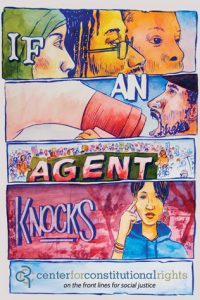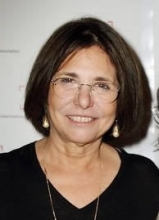CIA Sponsored Terror, Civil Liberties, Human Rights, Supreme Court, Surveillance, Targeting Muslims, Truth to Power
Podcast: Play in new window | Download
- Updates: Oppressive Regimes Mask Misdeeds Under The Color Of Law
—-
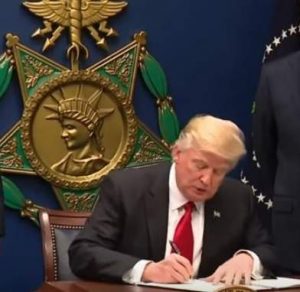

Protection From Protecting the Nation from Foreign Terrorist Entry
Public backlash to Donald Trump’s executive order “Protecting the Nation from Foreign Terrorist Entry” has been fast and furious. The order’s stated policy is to protect the country from foreign nationals who intend to commit terrorist attacks in the United States. It directs the Secretary of State and the Director of National Intelligence to determine what information is needed from any country to decide if one of its nationals seeking admission is who he claims to be and does not pose a security or public-safety threat. It gives them 30 days to report the results of that determination with a list of countries that do not hand over adequate information.
The Executive Order imposes a 90-day suspension of immigrant and non-immigrant admission of aliens from countries designated in section 217 (1) (12) of the Immigration and Nationality Act, which excludes aliens who have been present in a specified country from participating in the Visa Waiver program.
Guest – Trina Realmuto, Litigation Director at the National Immigration Project. Trina’s work focuses on litigation before the federal courts on issues related to removal defense and government accountability. Previously, she wrote amicus briefs and practice advisories for the American Immigration Council. She also has worked abroad representing non-citizens applying for visas at U.S. embassies and consulates.
—-
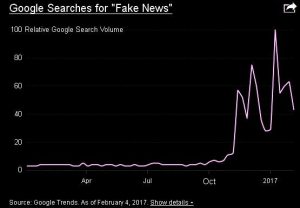

Study : Social Media and Fake News in the 2016 Election
The 2016 presidential race was riddled with controversies, perhaps none more relentless than that of so-called “fake news.” A recent study reveals that fabricated news stories were viewed by only a small percentage of Americans and were likely not as influential in the election outcome as has been suggested.
This comes as Facebook and other social media sites have been criticized for permitting made-up stories to be shared on their platforms. Economists Hunt Allcott of New York University and Matthew Gentzkow of Stanford have released their findings in the report,”Social Media and Fake News in the 2016 Election.”
Guest – Hunt Allcott, Associate Professor of Economics at NYU and a Research Associate at the National Bureau of Economic Research. He is a Scientific Director of ideas42, a think tank that applies insights from psychology and economics to business and policy design problems, an Affiliate of Poverty Action Lab, a network of researchers who use randomized evaluations to answer critical policy questions in the fight against poverty, and a Faculty Affiliate of E2e, a group of economists, engineers, and behavioral scientists focused on evaluating and improving energy efficiency policy.
———————————————————
Civil Liberties, Human Rights, Supreme Court, Surveillance, Truth to Power, War Resister
Podcast: Play in new window | Download

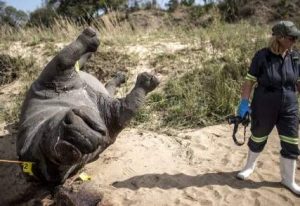
Wildlife Preservation And The Trump Administration
The protection of endangered species and wildlife trafficking have not traditionally been big ticket campaign issues for presidential candidates. However, national security, the economy, trade and the environment are all impacted by wildlife preservation. Illegal wildlife trade–animal smuggling–is a multibillion-dollar business that is fueled on corruption and terrorism and that destabilizes developing countries.
Trafficking of rhinoceros horn, elephant ivory and other products is increasingly becoming organized crime. Despite recent headlines of animals being added to the endangers list, the Trump administration may change how the United States seeks to protect wildlife domestically and internationally. Animals protected by the U.S. Endangered Species Act, which could be weakened by the new president and a Republican-controlled Congress, may be increasingly imperiled.
Guest – Erika Mansourian, Executive Director of Elephant Family-USA, the American arm of the UK-based Elephant Family. Elephant Family’s mission is to save the Asian elephant—massive habitat loss has caused their numbers to plummet, and 90% of wild Asian elephants have been wiped out in the last century. Erika is also on the board of Veterinarians International and Tanzania’s PAMs Foundation, as well as the advisory board of the Humane Society of New York. She’s worked with Animal Defenders International and the David Sheldrick Wildlife Trust.
—-


Lawyers Committee for Nuclear Policy and the Trump Administration
What are the prospects for nuclear arms control with the Trump administration? The United States is the only country to have used nuclear bombs. It dropped them on two Japanese cities, Hiroshima and several days later on Nagasaki in 1945, in order to intimidate the Russians at the end of World War II. Presently, the United States has 4500 nuclear warheads, 400 of them situated in intercontinental ballistic missiles and placed on a hair trigger alert. The U.S. also has weapons placed on submarines and on aircraft. Obama has started a process by which one trillion dollars will be spent in the next decade on modernizing Americas nuclear capacity.
Guest – Attorney John Burroughs, Executive Director of the Lawyers Committee for Nuclear Policy. John Burroughs represents LCNP and IALANA in Nuclear Non-Proliferation Treaty review proceedings, the United Nations, and other international forums. Dr. Burroughs is contributor, Unspeakable suffering – the humanitarian impact of nuclear weapons (2013) (available here); contributor, Assuring Destruction Forever: Nuclear Weapon Modernization Around the World (2012) (available here); co-editor and contributor, Nuclear Disorder or Cooperative Security? U.S. Weapons of Terror, the Global Proliferation Crisis, and Paths to Peace (2007) (available here); co-editor and contributor, Rule of Power or Rule of Law? An Assessment of U.S. Policies and Actions Regarding Security-Related Treaties (2003); and author of The Legality of Threat or Use of Nuclear Weapons: A Guide to the Historic Opinion of the International Court of Justice (1998). He has additionally published articles and op-eds in journals and newspapers including the Bulletin of the Atomic Scientists, the World Policy Journal, and Newsday. Dr. Burroughs has taught international law as an adjunct professor at Rutgers Law School, Newark. He has a J.D. and Ph.D. from the University of California at Berkeley and a B.A. from Harvard University.
————————————————-
Civil Liberties, Criminalizing Dissent, Crony Capitalism, Habeas Corpus, Human Rights, Political Prisoner, Prison Industry, Supreme Court, Targeting Muslims, Torture, War Resister
Podcast: Play in new window | Download
Updates:
—-

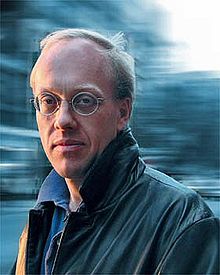
Economic and Political Fallout From British Exit
A domino effect has begun as banks and investment firms lose billions in the wake of Great Britain’s decision to leave the European Union. The value of the British pound has dropped more than 9 percent and global financial markets are in free fall. In a recent Truthdig article, 2008 All Over Again, by Chris Hedges, economist Michael Hudson blames the Brexit vote on Hillary Clinton and Barack Obama. He says this a response to the US war policy in the Middle East and Ukraine that destroyed Libya, and turned over weapons to al-Qaida. Those weapons ended up in their war in Syria. The mass exodus of refugees into Europe fueled nationalism and anti-immigrant sentiment. Meanwhile, countries such as France, Austria and the Netherlands are positioning to do the same as the UK. Many suspect the banks will again turn to governments for bail outs as they did in 2008. The question is: how will the American public respond to the effects of ever increasing inequality, destruction of the environment and trade deals that benefit the one percent?
Guest – Chris Hedges, author and journalist, who publishes weekly on Truthdig. He’s written 11 books, including New York Times best seller “Days of Destruction, Days of Revolt” (2012), which he co-authored with the cartoonist Joe Sacco. Other books include “Death of the Liberal Class” (2010), “Empire of Illusion: The End of Literacy and the Triumph of Spectacle” (2009), “I Don’t Believe in Atheists” (2008) and the best selling “American Fascists: The Christian Right and the War on America” (2008). He’s a former war correspondent, specializing in American and Middle Eastern politics and societies.
—-
Lawyers You’ll Like – Attorney Margaret Kunstler
For our Lawyers You’ll Like series we’re joined today by civil rights attorney Margaret Kunstler. Throughout her career she has provided support and protected the rights of activists. She’s been a consultant to the Occupy Wall Street and Anonymous protesters. Her book Hell No: Your Right To Dissent in 21st Century America was co-authored with Michael Ratner and it remains a leading handbook for activists. Attorney Margaret Kunstler has advised Wikileaks, Bradley Manning supporters in connection with grand jury subpoenas.
Together with her late husband William Kunstler, the subject of the documentary Disturbing the Universe, Margaret worked on high profile cases including the Virgin Island Five, Attica and Wounded Knee. She is the founder of the William Moses Kunstler Fund for Racial Justice that works to combat racism in the criminal justice system. Margaret was a founding member of the National Lawyers Guild NYC Mass Defense Committee that provides legals observers at demonstrations and represents those arrrested. At the Center for Constitutional Rights, she worked as an attorney and educational director and authored the well known pamphlet “If An Agent Knocks.”
————————————————-
CIA Sponsored Terror, Civil Liberties, Climate Change, Criminalizing Dissent, Crony Capitalism, Cuba, Death Penalty, Extraordinary Rendition, FBI Intrusion, Gaza, Green Scare, Guantanamo, Habeas Corpus, Human Rights, Hydraulic Fracturing, Impeachment, Iran, Iraq Veterans, Iraq War, Military Tribunal, NSA Spying, Political Prisoner, Prison Industry, Prosecution of the Bush Administration, Supreme Court, Surveillance, Targeting Muslims, Torture, Truth to Power, War Resister
Podcast: Play in new window | Download

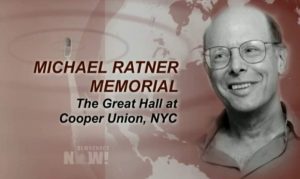
¡Michael Ratner Presente!
We hear excerpts from Michael Ratner’s public memorial held in the Great Hall at Cooper Union in Manhattan, New York. It would have been Michael’s 73rd birthday on June 13, 2016.
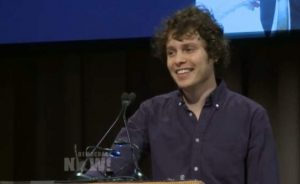
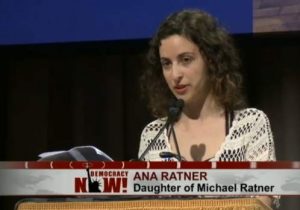
¡Michael Ratner Presente! was co-sponsored by Cooper Union, the Center for Constitutional Rights, Democracy Now!, National Lawyers Guild, The Nation Institute, Nation Magazine, Haymarket Books, and Voices of a People’s History of the United States.
Michael Ratner’s Politics – By Michael Smith
—————————————————————————–
Civil Liberties, Habeas Corpus, Human Rights, Prison Industry, Supreme Court, Surveillance, Targeting Muslims, Torture
Podcast: Play in new window | Download
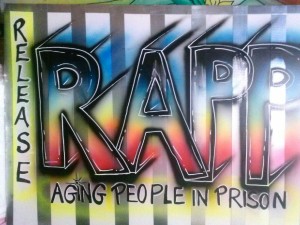
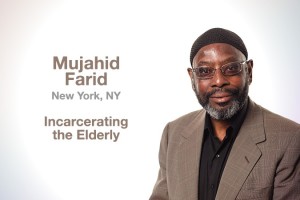
Release Aging People in Prison Campaign
Mujahid Farid spent 33 years in prison where he was a successful jailhouse lawyer. He is now involved with RAPP(Release Aging People in Prison, RAPPCampaign.com) and has been the organizer of much of the legal response to parole board intransigence. RAPP activists are pushing the parole board to apply the law regarding their hearings, using recognized standards to measure whether an applicant would be a risk to public safety if they were released, rather than their current practice of simply reciting “you have to stay in prison because of the nature of your crime.”
Guest – Laura Whitehorn is a former political prisoner and native New Yorker, who was active in supporting groups such as the Black Panther Party, the Black Liberation Movement and was active with Students for a Democratic Society and the Weather Underground. Laura worked to help expose the FBI’s Counter Intelligence programs.
Guest – Mujahid Farid co-founded the Prisoners AIDS Counseling and Education program and helped design prison-based sociology and theology courses that allowed others to earn college-credited in prison. He also earned four college degrees and other certifications while incarcerated, including his paralegal certificate, NYS Department of Labor Certificate in Human Development Counseling, and NYC Department of Health Certificate in HIV/AIDS Counseling.
—-
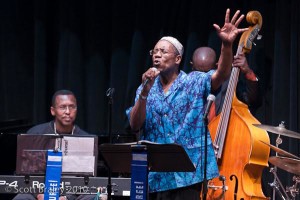
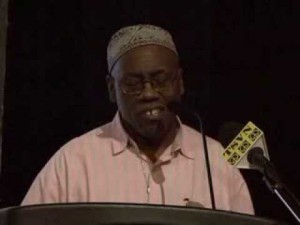
Raymond Nat Turner : New York City Poet
Raymond Nat Turner is an acclaimed New York City poet whose words–both on the page and stage–are powerful, political and timely. Artistic Director of the JazzPoetry Ensemble UpSurge, Turner is a member of the National Writer’s Union’s New York Local Steering Committee who recently read at the Harriet Tubman Centennial Symposium. He has appeared at numerous festivals and venues around the globe, from the Monterey Jazz Festival to Panafest in Ghana West Africa.
Guest – Raymond Nat Turner, currently Poet-in-Residence at Black Agenda Report, Turner has been the opening act for such people as James Baldwin, Cynthia McKinney, radical sportswriter Dave Zirin and Congresswoman Barbara Lee after her lone vote against attacking Afghanistan.
—-
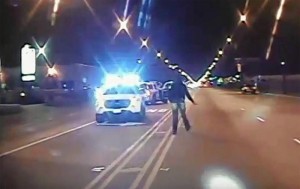
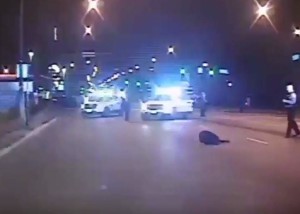
Chicago Mayor Fires Police Superintendent After Massive Public Pressure
Attorney Flint Taylor co-founder of the People’s Law Office in Chicago gives a perspective on the Chicago police shooting of Laquan McDonald. As listeners may know the footage of this shooting was caught on tape and released 13 months later. Last week, Chicago mayor Rahm Emanuel announced that he asked for Chicago Police Superintendent Garry McCarthy’s resignation after massive public protests. The community protests also demanded the resignation of the mayor, the state’s attorney general and other leadership positions.
Guest – Attorney G.Flint Taylor, a graduate of Brown University and Northwestern Law School, is a founding partner of the People’s Law Office in Chicago, an office which has been dedicated to litigating civil rights, police violence, government misconduct, and death penalty cases for more than 40 years.
——————————————————————–
Civil Liberties, Criminalizing Dissent, Human Rights, Political Prisoner, Prison Industry, Supreme Court, Truth to Power, War Resister
Podcast: Play in new window | Download
Updates:
- University of Illinois Reaches Tentative Settlement With Professor Steven Salaita
—-
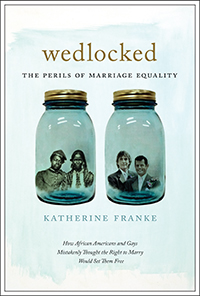
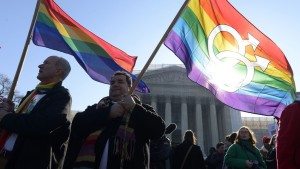
Wedlocked: Law Professor Katherine Franke
While the movement for marriage equality by the LGBT rights community has been a leading civil rights issue of the 21st century, it’s not the first movement seeking the right to marry. Slaves who were freed in the 1860s also organized for, and ultimately won, the right to marry at the end of the Civil War. As Professor Katherine Franke argues in her new book, WEDLOCKED: The Perils of Marriage Equality: How African Americans and Gays Mistakenly Thought the Right to Marry Would Set Them Free, tying the definition of free and equal citizenship so intimately to the institution of marriage presents its own set of problems.
In Wedlocked, Professor Franke meticulously compares firsthand accounts of African Americans’ struggle for freedom and civil rights with lessons for today’s marriage equality movement. This association offers two lessons: first, be careful what you wish for, as the backlash against new rights holders may set back the larger cause for equality; and second, the two movements for marriage rights may help expose the differences between racism and homophobia.
Guest – Professor Katherine Franke is the Isidor and Seville Sulzbacher Professor of Law at Columbia Law School, where she directs the Center for Gender and Sexuality Law. She is among the nation’s leading scholars in the area of feminism, sexuality and race.
—-
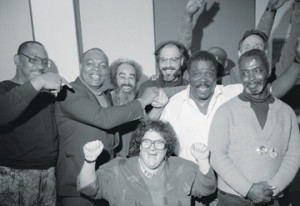
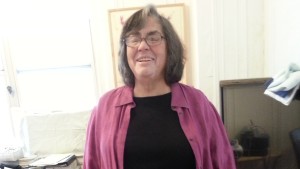
Remembering Attorney Liz Fink
Civil rights and criminal defense attorney Liz Fink was remembered last week at the Union Theological Seminary in New York City. She was best remembered for the work she began as a young woman when prisoners rioted and took over a part of Attica Prison in 1971. Liz got involved when Senator Nelson Rockefeller, who was running for president and didn’t want anything unseemly to happen in his state, ordered the retaking of the Attica Prison. Forty-three people were killed including a number of prison guards.
Liz Fink was on the defense team for those charged with crimes and then she brought an offensive civil suit against Rockefeller and the other state and prison officials who were responsible for these murders. Three decades later the suit was settled for $12 million. Liz Fink was also a long time member of the National Lawyers Guild. We hear selected speeches from the event remembering Attorney Liz Fink.
————————————————————-










